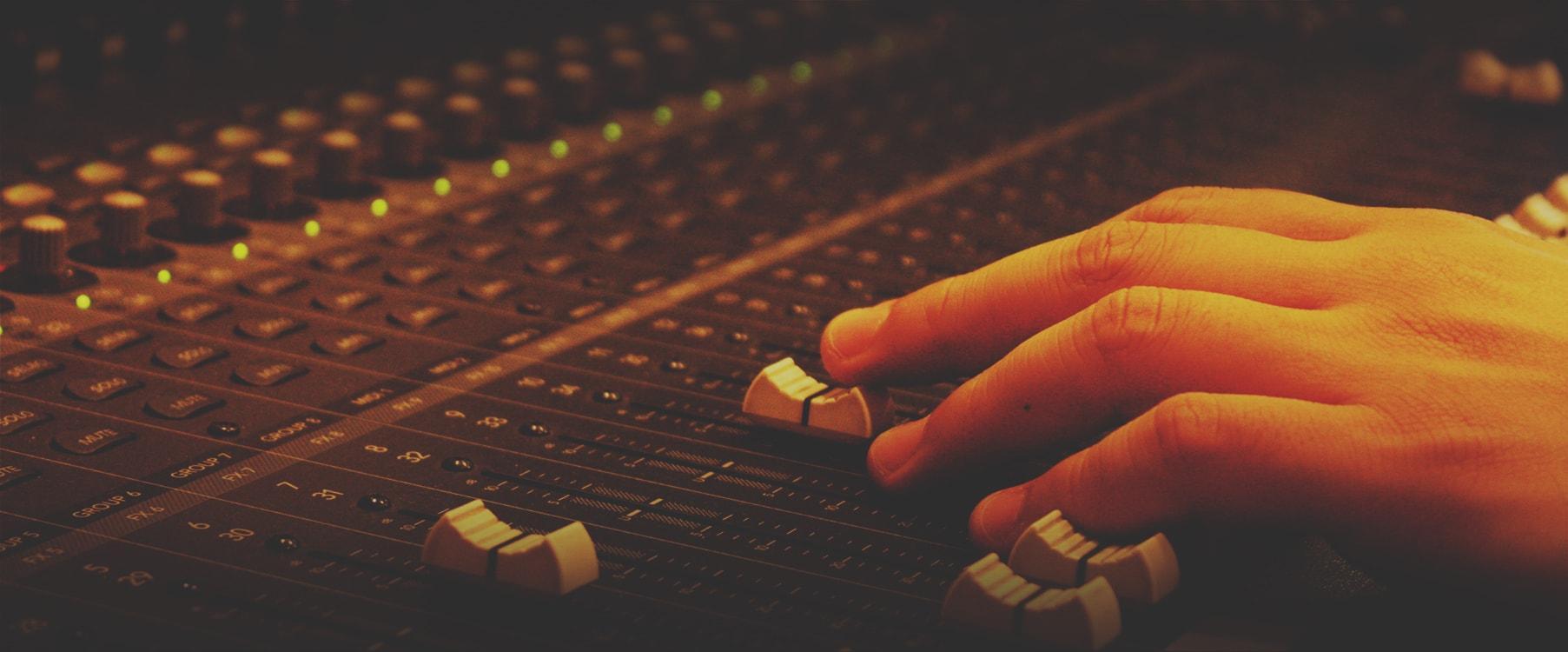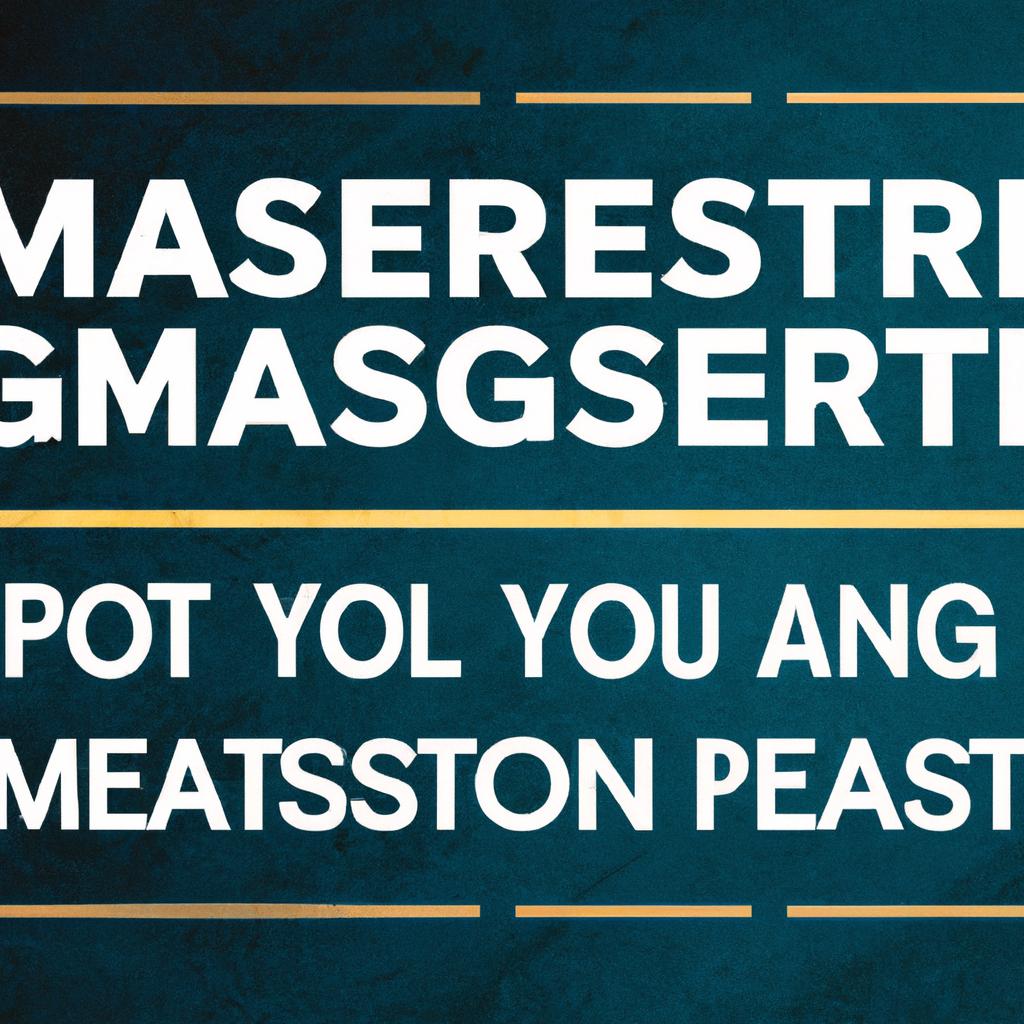Probate court proceedings can be intimidating and complicated for many people. The prospect of dealing with legal matters can be daunting, but with the right preparation, you can confidently handle a probate court hearing. This article will guide you through the crucial steps you need to take to prepare for a probate court hearing, ensuring you are ready to face the legal proceedings. Let’s dive into some practical advice and tactics to help you manage this complex legal journey with tranquility.
Grasping the Objective of a Probate Hearing
As you prepare for a probate hearing, it’s crucial to comprehend the reason behind this legal procedure. A probate hearing is conducted to confirm that a deceased person’s assets are allocated according to their will or state law. It also offers a platform for any disputes or challenges to the will to be settled.
During the probate hearing, the court will examine the will, listen to any objections from interested parties, and finally approve the estate’s distribution. Being prepared for this hearing is vital to ensure a seamless and efficient process.
Key steps to undertake when preparing for a probate hearing include collecting all required documents, such as the will, death certificate, and any pertinent financial records. It’s also advisable to consult with a knowledgeable probate attorney who can guide you through the process and represent your interests in court.
By adhering to these preparation steps, you can confidently navigate the legal process and ensure that your loved one’s final wishes are executed as planned.
Collecting Crucial Documents and Information
One of the most important steps in preparing for a probate hearing is collecting all the necessary documents and information. This task can be daunting, but being organized and meticulous is key to ensuring a smooth probate process. Here are some tips to help you gather everything you need:
- **Create a checklist:** Begin by creating a checklist of all the documents and information you will need for the probate hearing. This will help you stay organized and ensure you don’t overlook anything crucial.
- **Collect important documents:** Gather documents such as the will, death certificate, financial statements, property deeds, and any other relevant paperwork. Having these documents at hand will help speed up the probate process.
- **Compile key information:** Besides documents, ensure to have important information readily available such as the names and contact details of beneficiaries, creditors, and other parties involved in the estate.
Once you have collected all the necessary documents and information, ensure to store them in a safe and easily reachable place. Being prepared and organized will help you confidently and smoothly navigate the probate process.
Organizing Your Testimony and Evidence
Structuring Your Testimony:
When preparing for a probate hearing, it’s vital to structure your testimony in a clear and succinct manner. Ensure to highlight the main points you want to communicate and practice delivering them confidently. Consider preparing a timeline of events or a list of significant details to help you stay focused during the hearing.
Collecting Evidence:
Gathering relevant evidence to support your case is crucial for a successful probate hearing. This may include documents such as wills, trusts, financial records, and any other pertinent paperwork. Ensure to arrange your evidence in a logical sequence and label them clearly for easy reference during the hearing.
Presenting Your Evidence:
When presenting your evidence at the probate hearing, ensure to do so in a professional and organized manner. Consider creating visual aids such as charts or graphs to help illustrate complex information. Be ready to explain each piece of evidence clearly and succinctly to the judge or jury.
Seeking Legal Advice and Guidance
When preparing for a probate hearing, it’s important to collect all necessary documents and information in advance. Ensure to have copies of the deceased person’s will, death certificate, financial statements, and any other relevant paperwork. This will help ensure a smooth and organized process during the hearing.
Furthermore, it’s recommended to consult with a competent probate attorney who can provide you with legal advice and guidance throughout the proceedings. An attorney can help you navigate the intricacies of probate law, advocate for your rights, and effectively represent your interests in court.
During the probate hearing, it’s crucial to present your case clearly and succinctly. Be ready to answer any questions that the judge or other parties may have, and provide any requested documentation promptly. By being prepared and working closely with your attorney, you can enhance your chances of a positive outcome in the probate process.
In Conclusion
As you traverse the complex process of preparing for a probate hearing, remember to stay organized, seek professional assistance when necessary, and approach the proceedings with a calm and composed mindset. By adhering to these steps, you can ensure that you are well-prepared to face the challenges that lie ahead. Best of luck on your probate journey!

Mastering the Art of Preparing for Your Probate Hearing: A Comprehensive Guide
Going through the probate process can be a daunting task, especially when you are gearing up for a probate hearing. However, with proper preparation and guidance, you can navigate this legal process smoothly and effectively. In this comprehensive guide, we will provide you with valuable insights and tips on how to master the art of preparing for your probate hearing.
Understanding the Probate Process
Before diving into the specifics of preparing for your probate hearing, it is essential to have a clear understanding of the probate process itself. Probate is the legal process of validating a will and distributing the assets of a deceased person according to their wishes or state laws if there is no will.
Benefits and Practical Tips
There are several benefits to adequately preparing for your probate hearing. By being well-prepared, you can ensure a smoother and more efficient process, potentially saving time and money. Here are some practical tips to help you prepare effectively:
- Start early and organize all relevant documents.
- Consult with a probate attorney to understand the legal requirements.
- Review the will and identify any potential issues or discrepancies.
- Prepare a list of all the estate assets and liabilities.
Case Studies
Let’s take a look at some case studies that illustrate the importance of proper preparation for a probate hearing:
| Case Study | Outcome |
|---|---|
| Case Study 1 | Due to inadequate preparation, the probate hearing was delayed, resulting in increased legal fees and stress for the family. |
| Case Study 2 | By meticulously organizing all documents and assets beforehand, the probate hearing proceeded smoothly, and the estate was distributed efficiently. |
Firsthand Experience
Having firsthand experience with the probate process can provide valuable insights into the importance of preparation. Many individuals who have gone through probate hearings emphasize the significance of thorough preparation in ensuring a successful outcome.
In Conclusion
Mastering the art of preparing for your probate hearing is crucial for a smooth and efficient probate process. By following the tips and insights provided in this comprehensive guide, you can navigate the probate process with confidence and ease. Remember, proper preparation is key to a successful probate hearing.


